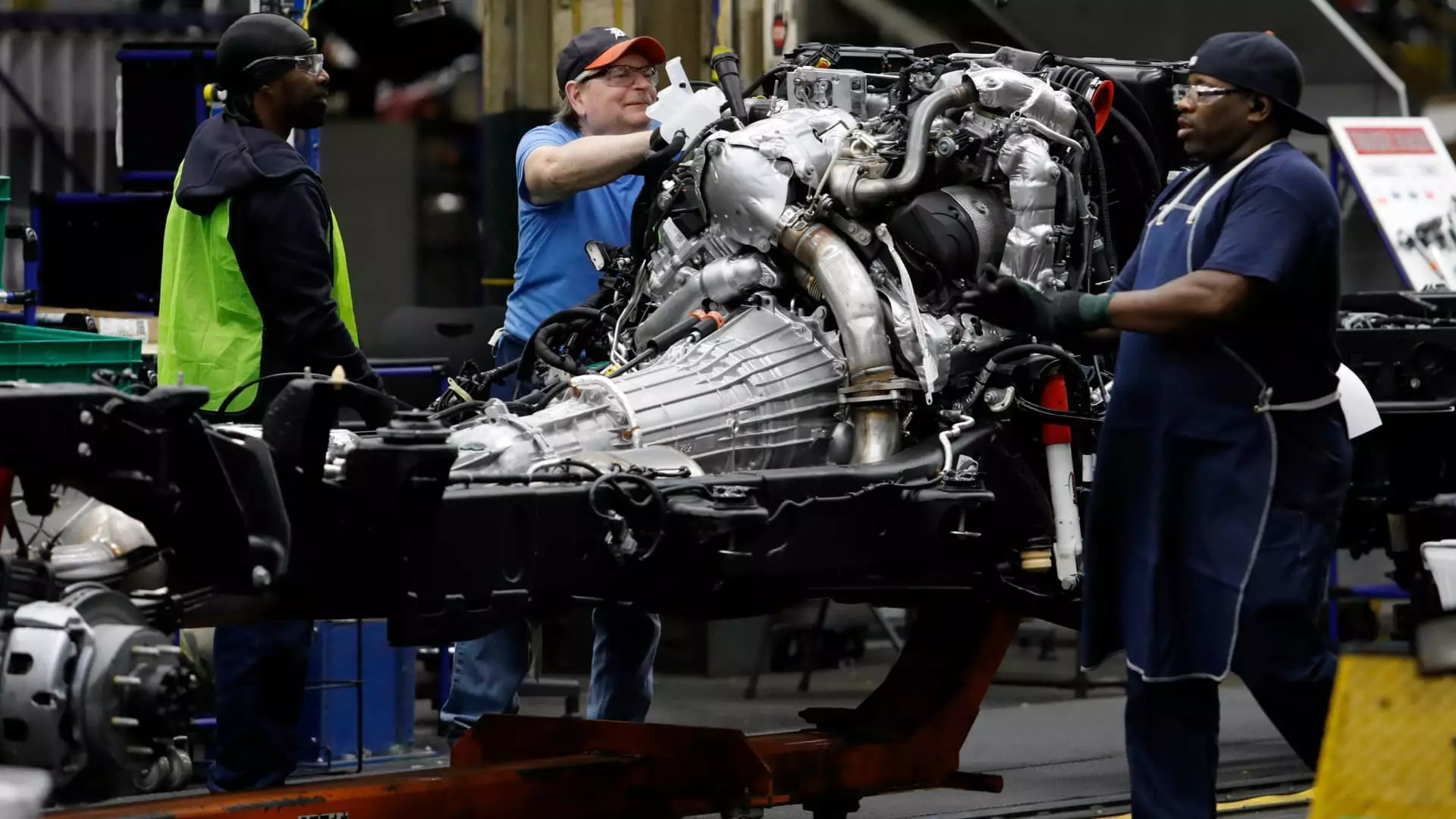In the wake of Hurricane Helene, General Motors (GM) has found itself grappling with significant production interruptions at two of its prominent facilities in the United States. This incident has underscored the fragility of supply chains in the automotive industry, revealing how unforeseen natural disasters can have broad-reaching implications for manufacturers. With GM halting operations at its Flint, Michigan plant—responsible for heavy-duty truck production—and at its Arlington, Texas assembly plant, which focuses on full-size SUVs, the automaker faces both immediate and long-term challenges.
The decision to cancel production shifts is a precautionary measure that highlights how external events like hurricanes can severely disrupt operations. The heavy losses inflicted by Hurricane Helene, particularly in areas such as Florida and North Carolina, serve as a grim reminder of the human and economic toll of such natural disasters. Over 200 lives have been lost during this storm, and many are still unaccounted for, illustrating the urgent need for companies to maintain resilience in the face of adversity.
While the Arlington plant is expected to resume operations shortly, GM has refrained from providing a definitive timeline for the Flint facility. This uncertainty raises questions about the readiness of the automotive giant to handle supply chain interruptions. The automaker is committed to working closely with affected suppliers to mitigate disruptions, but the challenge remains daunting.
Jeffrey Morrison, GM’s vice president of global purchasing and supply chain, has emphasized the lessons learned from the pandemic, which has led to a more in-depth examination of the company’s value chain. The pandemic served as a catalyst for GM to improve visibility into its supply chain, understanding not just its direct suppliers but also the sub-tier suppliers that play crucial roles in production. This increased awareness enables the company to navigate crises more effectively, but the reliance on this complex web of suppliers remains a risk.
The situation surrounding Hurricane Helene illustrates that despite these improvements, the automotive industry is still vulnerable to unexpected disturbances. Morrison noted that his team actively seeks to assist suppliers facing production challenges, reflecting a collaborative approach that could foster stronger ties and improve overall resilience.
As GM strives to recover from this setback, the company’s ability to adapt and evolve will be tested. It must continually refine its strategies in supply chain management to not only respond to immediate challenges but also anticipate future crises. This proactive stance can ultimately safeguard production quality and timelines, ensuring customer demands are met in an increasingly unpredictable world.
The experiences that GM faces as a result of Hurricane Helene underscore the complexities of modern supply chains. The road ahead will require innovation and flexibility as the automotive industry continues to navigate the impact of both natural disasters and the lingering effects of global challenges such as the pandemic. An industry that is prepared to learn and adapt will cement its place in a rapidly changing marketplace.

Leave a Reply